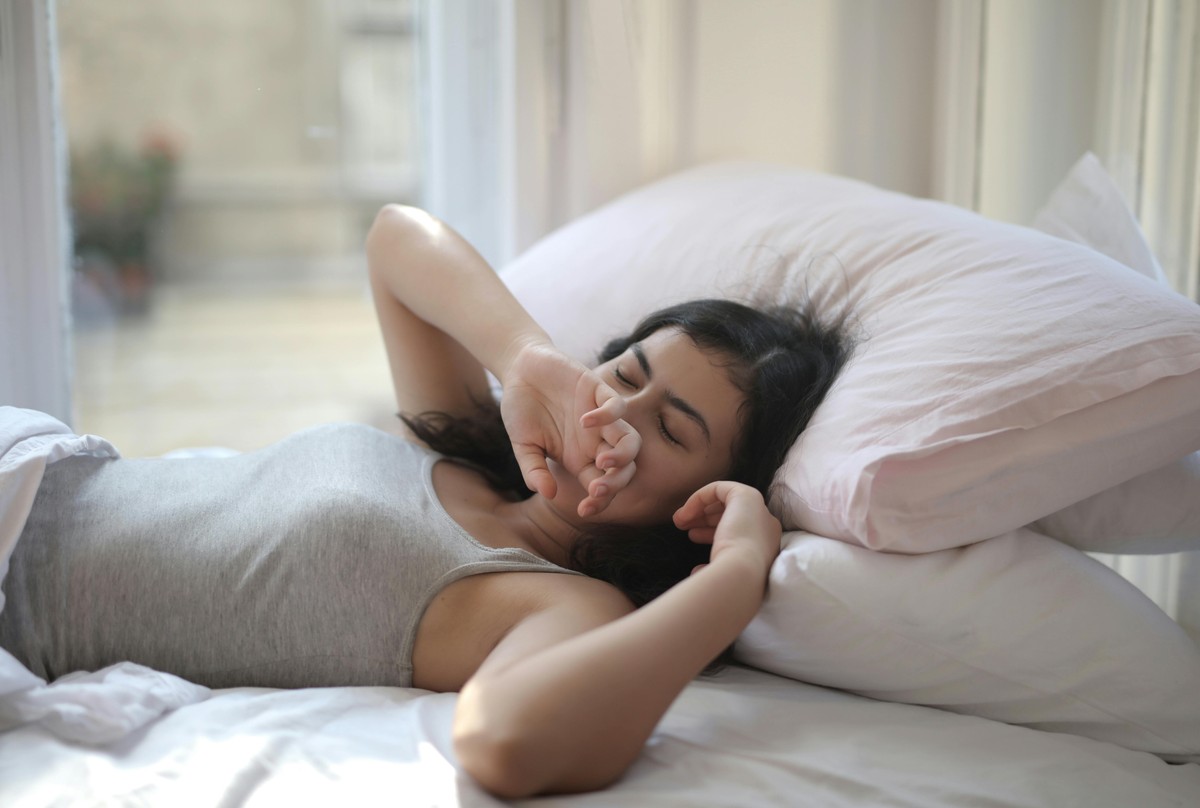Early Bird or Night Owl: Which Sleep Style Wins the Health Game?

Every morning, some people jump out of bed just as the sun rises, ready to take on the world with a jog, a quiet breakfast, or an early work session. Others, however, find their energy peaks after dark. They might dive into creative projects, binge-read novels, or work into the quiet hours of the night. Both routines feel natural to those who live them. But when it comes to health, which sleep style has the edge?
The debate between sleeping early and waking early versus sleeping late and rising late is more than a lifestyle choice—it’s a biological rhythm. This rhythm, known as a chronotype, determines whether someone is naturally inclined to be a morning person or a night owl. These tendencies are shaped by genetics, not just preference.
A major study published in Nature Communications examined the chronotypes of nearly 700,000 individuals and found that early risers tend to have a lower risk of developing mental health disorders such as depression and anxiety (Lane et al., 2019). Aligning with societal schedules—like school or work hours—seems to offer a mental health advantage to morning types.
Night owls, however, face a different set of challenges. According to research in The Journal of Clinical Endocrinology & Metabolism, late sleepers are at increased risk for metabolic disorders such as obesity, diabetes, and insulin resistance (Wong et al., 2015). This mismatch between internal clocks and social obligations, often referred to as “social jetlag,” disrupts the body's natural hormone cycles, adding stress to the system.
That said, recent findings suggest it’s not just when you sleep that matters—but how consistent your schedule is. A study in Scientific Reports found that irregular sleep patterns, even among those who sleep enough hours, were linked to poorer academic performance and hormonal imbalance (Phillips et al., 2017). This means whether you are a night owl or an early riser, sticking to a routine could be the most critical factor for health.
Regardless of chronotype, the foundation of good sleep lies in the environment. This is where NadaUp mattresses become essential. Scientifically proven and clinically tested, NadaUp offers orthopedic medical mattresses designed to improve sleep quality across the board. Whether someone sleeps at 9 PM or 2 AM, NadaUp mattresses help users fall asleep 29% faster and enjoy 7% better sleep efficiency. Over time, that equates to 25 extra nights of full rest per year—and potentially 2 to 5 additional years of life.
NadaUp’s advanced Mammoth Medical™ Grade foam is more than just comfortable—it’s medically backed. It reduces cortisol levels, supports melatonin and serotonin balance, and improves posture. These features make it ideal for anyone dealing with sleep-related stress, back pain, or hormonal imbalances. It’s an ergonomic sleep mattress that adjusts to the body’s contours, delivering the best pressure relief mattress experience for all sleep types.
The technology is supported by trusted health bodies, including MHRA, NICE, CSP, and ACPOHE, making it not just a premium mattress, but a hospital-quality mattress with real-world applications. Whether one sleeps early or late, NadaUp ensures the sleep itself is deeper, more restorative, and scientifically optimized.
Data from sleep trials reinforces this. Users report a 21% improvement in sleep satisfaction, 69% better temperature control, and significant improvements in emotional balance and recovery. The mattress is not just built for comfort, but for wellness—transforming everyday rest into a powerful tool for health.
So, early bird or night owl—which sleep style wins the health game? The evidence suggests both can be healthy—if the sleep is consistent, high-quality, and truly restorative. With a clinically tested mattress like NadaUp, sleep becomes more than just time in bed. It becomes a foundation for lifelong vitality.
In the end, the real winner is not the clock, but the quality of the sleep itself.







